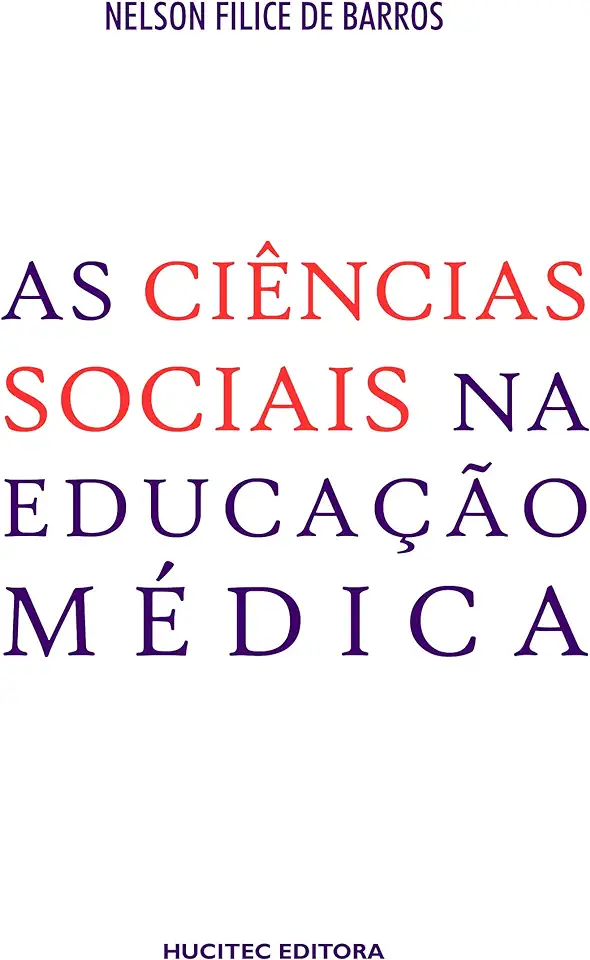
Social Sciences in Medical Education - Nelson Filice de Barros
Social Sciences in Medical Education: A Comprehensive Guide
Nelson Filice de Barros
In the ever-changing landscape of medical education, it has become increasingly evident that a comprehensive understanding of the social sciences is essential for medical professionals to provide holistic and patient-centered care. This groundbreaking book, "Social Sciences in Medical Education," authored by the renowned Nelson Filice de Barros, offers a comprehensive exploration of the role of social sciences in shaping medical education and practice.
Understanding the Social Context of Health and Illness
The book begins by emphasizing the importance of understanding the social context of health and illness. Barros argues that social factors, such as socioeconomic status, cultural beliefs, and environmental conditions, play a significant role in shaping health outcomes. By integrating social sciences into medical education, future healthcare professionals can gain a deeper understanding of these factors and provide more effective and compassionate care.
Key Social Science Disciplines in Medical Education
The book delves into the key social science disciplines that are essential for medical education, including sociology, anthropology, psychology, and economics. Each discipline is explored in depth, highlighting its unique contributions to understanding health and illness. For instance, sociology examines the social organization of healthcare systems, while anthropology provides insights into cultural influences on health behaviors.
Developing Social Competence in Medical Practice
Barros emphasizes the importance of developing social competence in medical practice. This involves cultivating effective communication skills, empathy, and cultural sensitivity. By integrating social sciences into medical education, future healthcare professionals can develop these essential skills and provide more patient-centered care.
Addressing Health Disparities and Social Justice
The book also addresses the critical issue of health disparities and social justice. Barros argues that social sciences can play a vital role in understanding and addressing the root causes of health inequalities. By incorporating social sciences into medical education, future healthcare professionals can become advocates for social justice and work towards creating a more equitable healthcare system.
Innovative Teaching Methods and Assessment Strategies
The book provides practical guidance on incorporating social sciences into medical education. It explores innovative teaching methods, such as case studies, role-playing, and community-based learning, that can effectively engage students and enhance their understanding of social sciences. Additionally, the book discusses assessment strategies that can evaluate students' social competence and their ability to apply social sciences knowledge in clinical practice.
Conclusion: Embracing Social Sciences for Better Medical Education and Practice
"Social Sciences in Medical Education" concludes by emphasizing the transformative potential of integrating social sciences into medical education. By embracing social sciences, medical professionals can gain a deeper understanding of the social context of health and illness, develop essential social competencies, address health disparities, and promote social justice. This comprehensive guide is a must-read for medical educators, healthcare professionals, and anyone interested in improving the quality of healthcare through a socially informed approach.